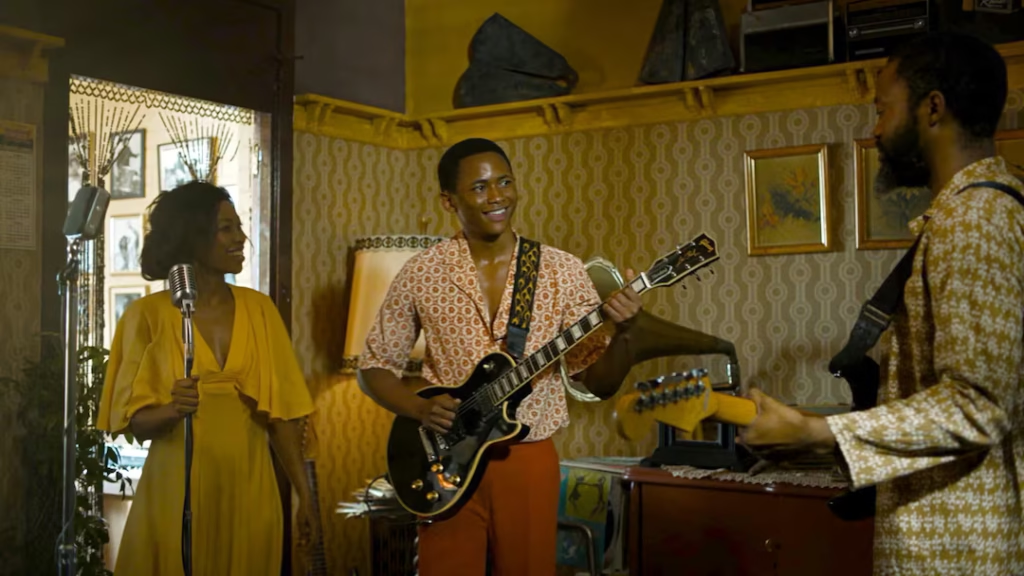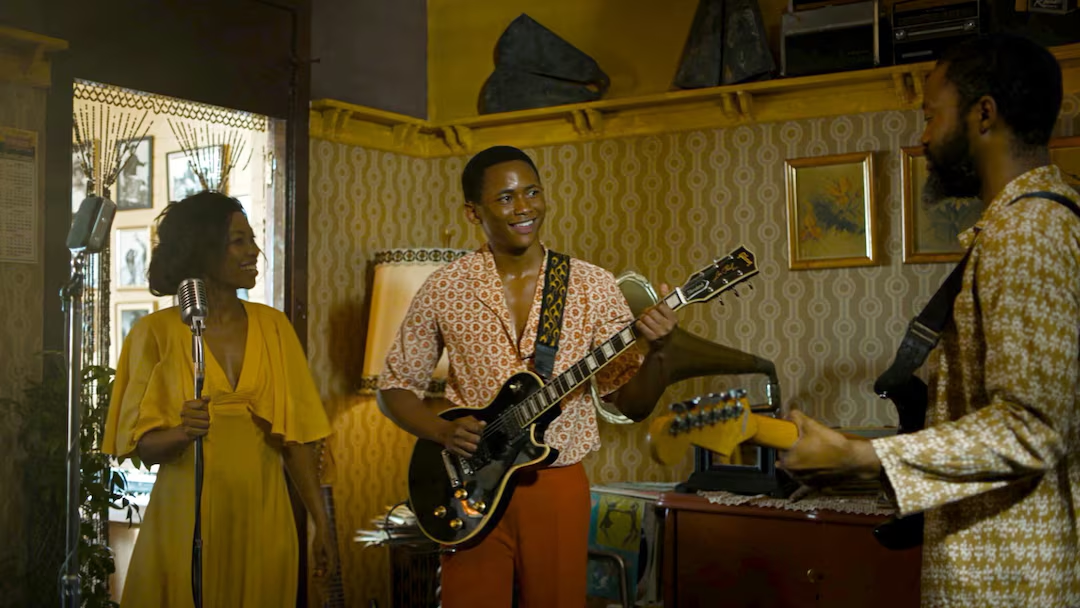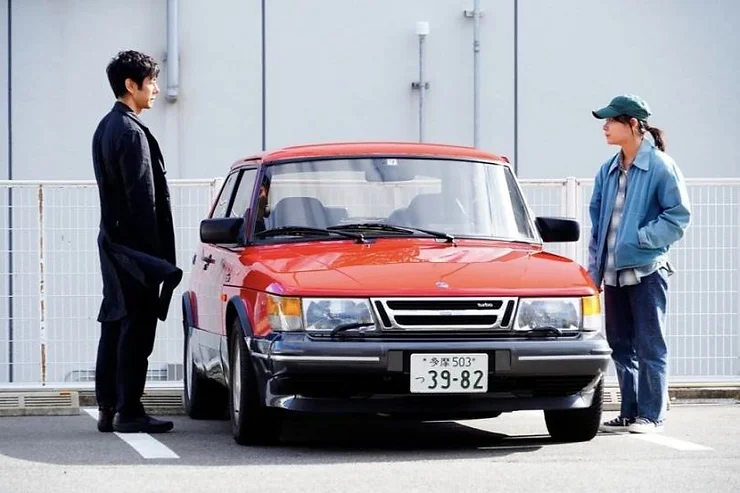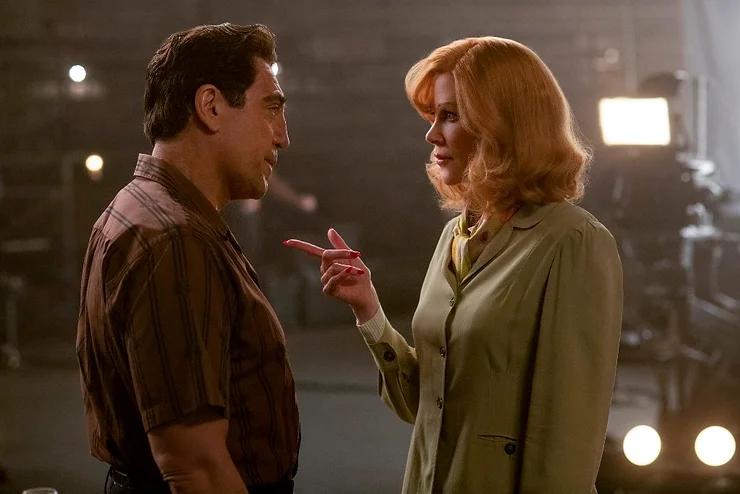Laundry (Switzerland, South Africa, 2025)
Original title: Laundry
Director: Zamo Mkhwanazi
Screenplay: Zamo Mkhwanazi
Main cast: Siyabonga Melongisi Shibe, Ntobeko Sishi, Bukamina Cebekhulu, Zekhethelo Zondi, Tracy September
Running time: 105 minutes
Perhaps the South African apartheid regime is known as one of the most brutal racial segregations of the 20th century, with a policy that lasted decades and left deep scars on the entire functioning of the state. Although this is a well-known fact, few fiction films that portray this period reach Brazilian audiences, both because of the limited access we have to African films and because this is the type of subject that requires great delicacy to generate a balanced work. It’s a mix of the need to show the exploitation and absurdities of the period, while also trying not to create characters who are guided solely by their suffering.

And herein lies the importance of the work being directed and written by Zamo Mkhwanazi, who, besides being a South African woman, also has over 900 episodes of Generations: The Legacy, one of the country’s most successful television soap operas, which has been airing since 2014. While she’s working with a specific historical period through a marginalized population, she manages to understand and convey nuances that aren’t obvious to viewers outside the country. At the beginning of the film, for example, it’s difficult to grasp the situation of the family, who seem to have some privileges compared to the rest of the Black population. Gradually, we’re introduced to the issue of the medal carried by the father and the doors it once opened — creating an understanding for those who, like me, aren’t as familiar with the country’s history, but without having to explain this information in a repetitive and tiresome way on screen.
We are then faced with an absolutely common human experience placed in a very specific situation: what we follow is the story of the family’s eldest son, who finds himself in a moment of doubt between continuing his father’s prosperous business or following his own creative impulses and, even in an unfavorable situation, pursuing a career in music. This situation, which affects practically everyone in their late teens, only takes on tragic overtones due to the situation in the country, with the siege tightening around the Black population every day. The story gradually shifts from drama to tragedy, creating this reflection between historical events and the eldest son’s own life.
There are some issues that bring the film into a universe already well-known to Brazilian audiences, but that doesn’t necessarily improve the film’s audiovisual quality. The first is the drama, very similar to that of soap operas, with family plots at the forefront and some moments based on melodrama. And, just like in Brazil, at times the film seems to use the yellowish filter that Hollywood often applies to films set in countries that Americans don’t consider first-world. In this case, because I’m unfamiliar with South African cinema, I believe it may be a case of cultural colonization, but it would be necessary to delve deeper to understand cultural reasons beyond my understanding.
On the other hand, the film displays a control over sound that is comforting, given its proximity to the world of music. From the soundtrack present in the most striking moments to the use of car sounds and washing machine mechanisms to highlight certain situations, a rather intricate design of events is evident. And, when the film ends and the credits roll, but we still hear the sound of its final scene, the director demonstrates a searing control in manipulating the narrative in a sensitive way, without even needing images.
Translated by Renata Torres





